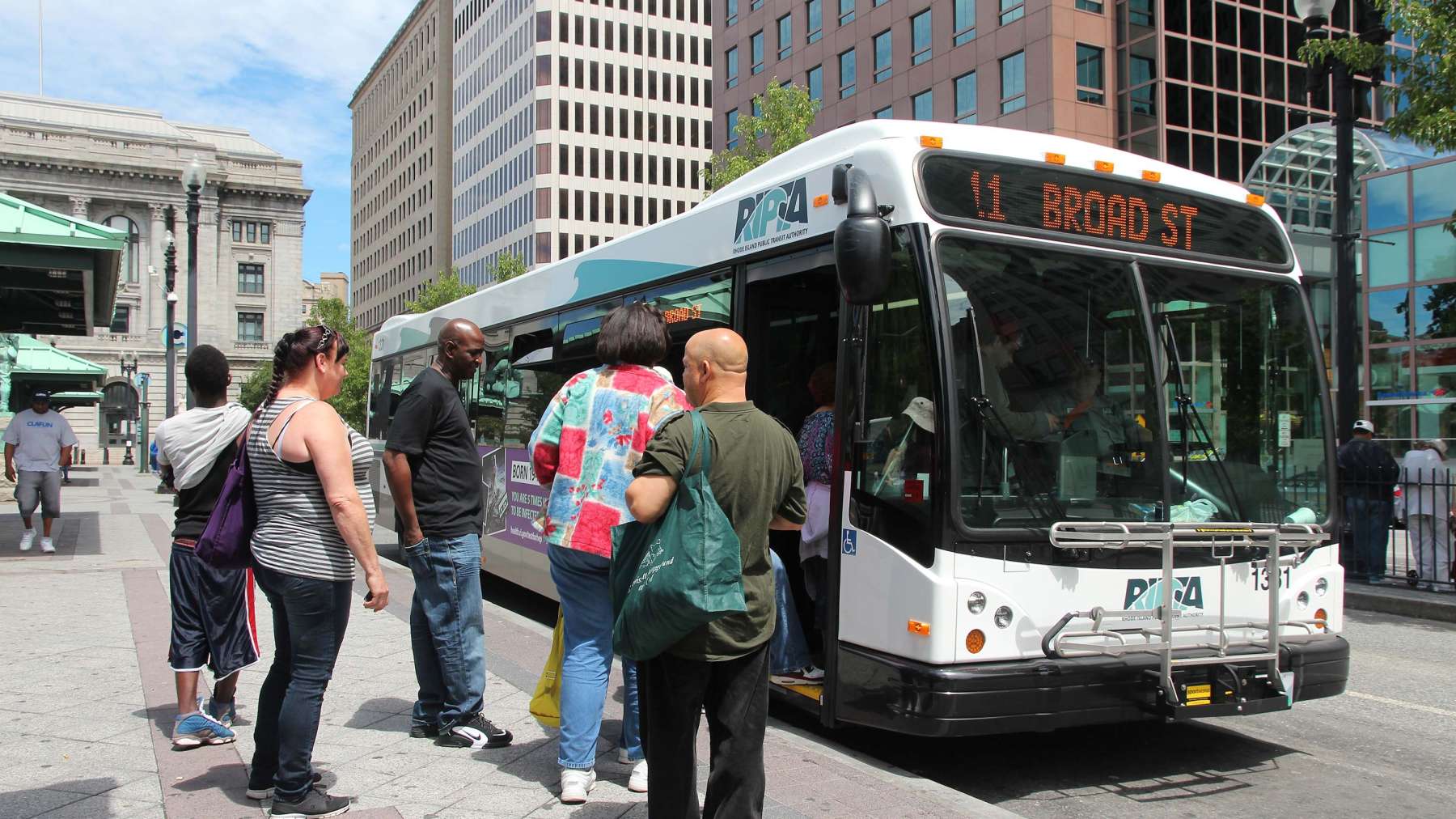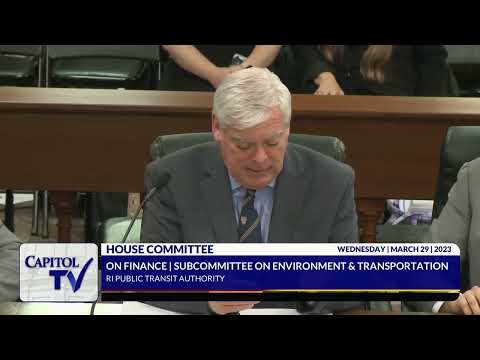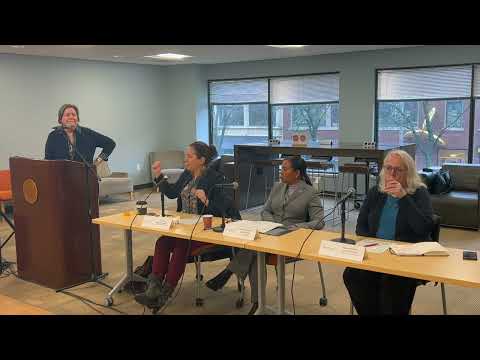RIPTA’s R-Line fare-free pilot boosts ridership by 40%
Rhode Island Public Transit Authority’s (RIPTA) R-Line free-fare pilot program has led to a 40% increase in ridership within six months. Launched in September 2022, the one-year pilot aims to study the costs and benefits of fare-free service, with findings suggesting better access to shopping and savings for passengers.
March 31, 2023, 3:20 pm
By Steve Ahlquist
The Rhode Island Public Transit Authority (RIPTA) announced results from the first six months of the R-Line Fare-Free Pilot Program this week. From September 2022 through February 2023, ridership on the R-Line was 40% higher than a year ago. This is higher than a similar program in Boston recently, and on par with findings in places as diverse as Hawaii and Florida.
“As RIPTA continues to explore innovative strategies to increase ridership lost during the pandemic, the R-Line pilot program will provide us with important data and feedback from our riders and drivers,” said Scott Avedisian, CEO of RIPTA. “The first half of the program has shown that when we invest in our transit system, positive results follow. The popular R-Line service, free-fare pilot and other elements of our Transit Master Plan will contribute to building a world-class transit system that serves all Rhode Islanders.”
Director Avedisian presented the findings to the House Finance Subcommittee on Environment and Transportation on Wednesday:
State Senator Meghan Kallman (Democrat, District 15, Pawtucket, North Providence) and Representative Leonela Felix (Democrat, District 61, Pawtucket), who spearheaded the legislative effort to get this study done, held a press conference in Kennedy Plaza last June to highlight the year-long free-fare pilot program along the R-Line, the Rhode Island Public Transit Authority(RIPTA)’s busiest bus route.
“Ridership, when you don’t charge for the bus, has gone up 40% in the last six months, which is higher even than Boston, when Boston was piloting something similar,” said Senator Kallman, speaking at the HousingWorks RI presentation on women and housing last week. “What this really brought home to me is how we really need to be planning housing in conjunction with planning transit, because 20% of Rhode Islanders, and I’m willing to bet a good chunk of that is women, are cost burdened by transportation… They spend more than 30% of their income on transportation, which is a huge ammount!”
From RIPTA’s press release:
The R-Line is RIPTA’s most frequent and highest ridership route. In August 2022, the R-Line carried an average of about 5,400 passenger trips each weekday, or 16% of RIPTA’s statewide bus ridership. The Fare-Free Pilot Program was introduced by the General Assembly which allocated $2.5 million for the one-year pilot that began on September 1, 2022. The funds will replace lost R-Line fare revenue and will be used to study the overall costs and benefits of fare-free service to inform future decision-making around fares.
RIPTA has also engaged with riders and employees as part of the study to better understand their experience and insights. Riders in the focus group had the following to say:
“I shop along the R-Line more than I used to, and I don’t worry about making a trip to pick up one or two things, because it’s free.”
“By the end of the week it adds up to a lot of savings – over $20. With that, I was able to buy some winter clothes.”
RIPTA drivers reported that driving is easier and boarding passengers is faster without having to collect fares. However, there have been reports of increased boarding times, as some people now see the R-Line as a “hop-on, hop-off” service and try to board buses in-between stops. This type of activity, along with more people riding, may offset time saved by removing fare payment.
In addition, RIPTA has seen revenue impacts. If R-Line riders had been paying the $2 bus fare during the pilot, RIPTAwould have earned about $400,000 each month, or the annual equivalent of almost 5% of the entire RIPTA fixed-route bus operating budget. Also contributing to these impacts is an increase in paratransit ridership* in the R-Line zone at a rate two times greater than the systemwide rate, or by about 240 more trips per month.
The R-Line Fare-Free Pilot Program will continue through August 2023. During this period, the study team will continue to collect data and will prepare for a second survey on rider travel behavior changes. Surveys will be administered on-board and online over several days this spring, and RIPTA will seek input from community organizations and businesses along the R-Line. Riders will also have the opportunity to provide feedback at pop-up tables at stops along the R-Line. These results, along with an evaluation of fare-free programs by other agencies in the region and nationwide, will continue to paint a picture of the Fare-Free Pilot Program and inform RIPTA’s decision-making.
For the full Q1 and Q2 reports, visit: RIPTA.com/RLinePilot.
*The Americans with Disabilities Act (ADA) assures that people with disabilities, who cannot use the regular fixed-route bus, have access to public transportation. RIPTA’s RIde paratransit program is designed to meet these requirements by providing service within a ¾-mile corridor along each fixed-route.








